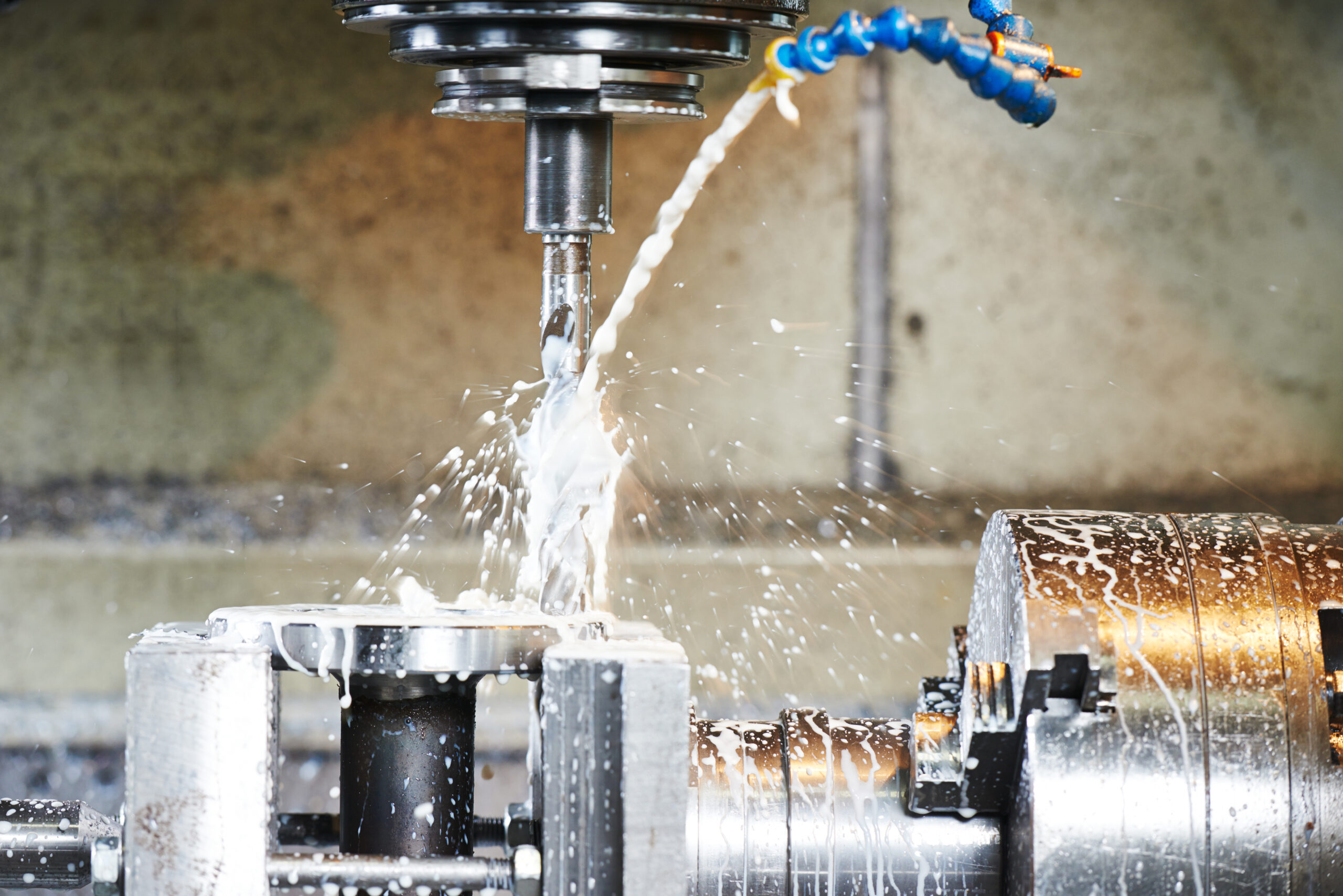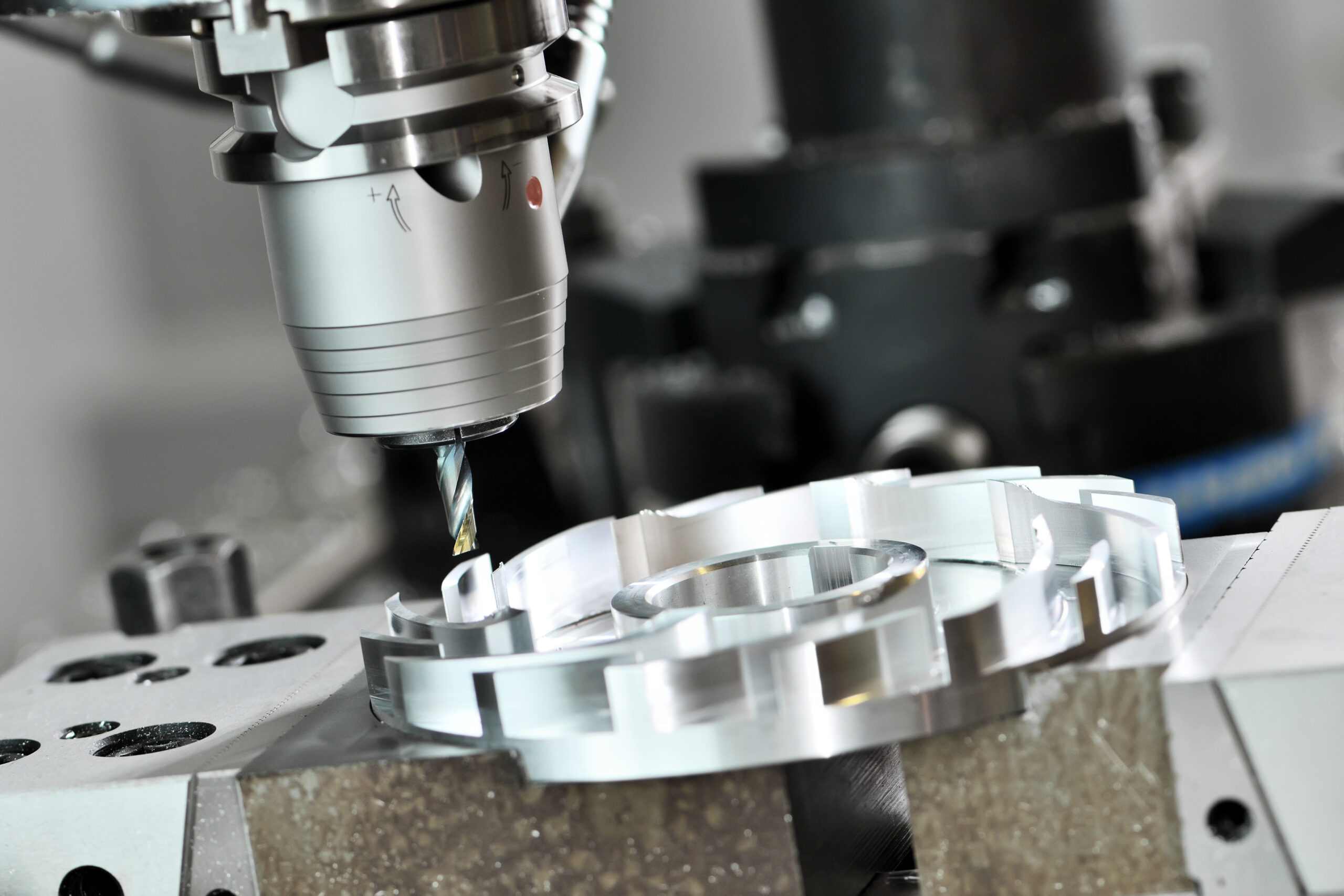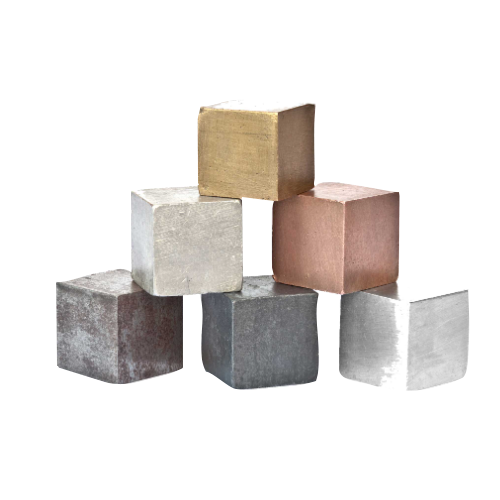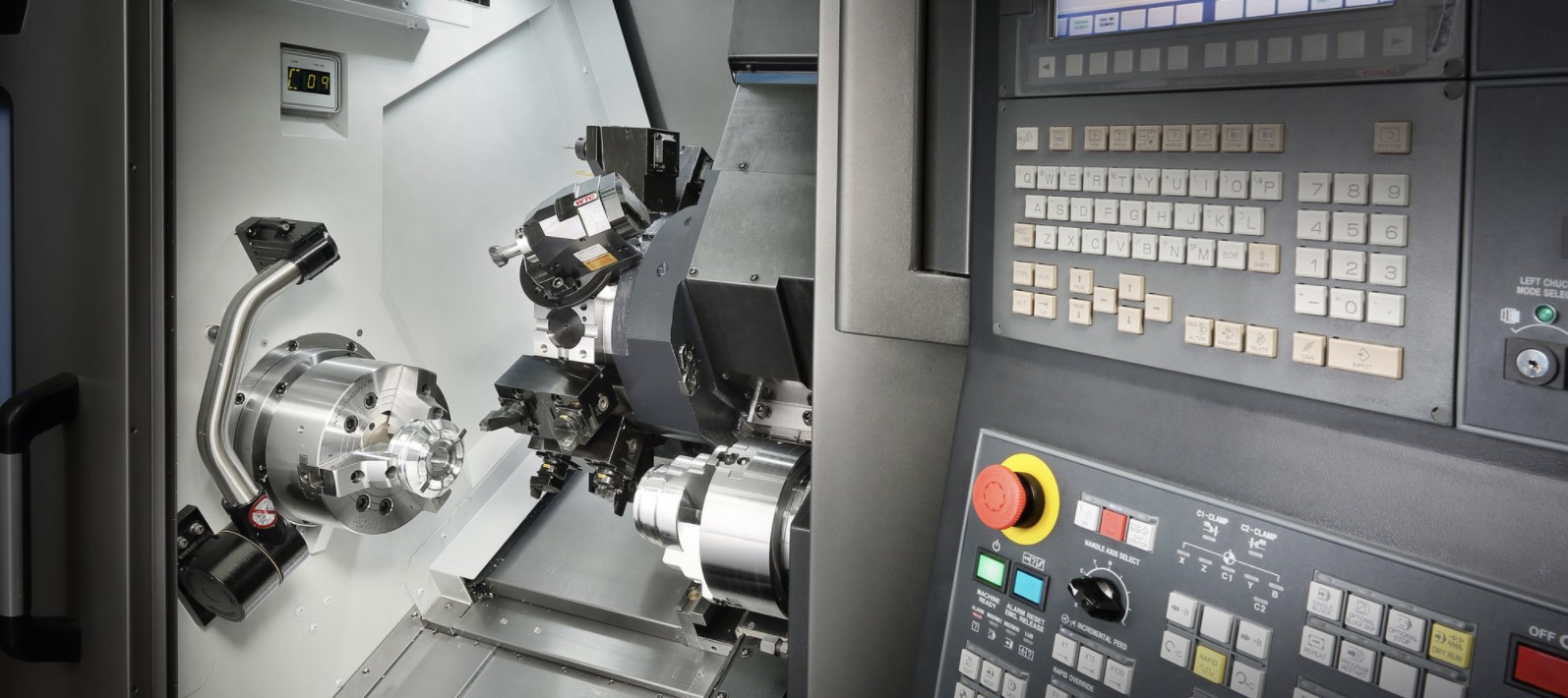
Over the past century, few areas of manufacturing have advanced as dramatically as precision machining. What once required manual operation, hours of labor and painstaking craftsmanship can now be accomplished in a fraction of the time with unmatched accuracy. The rise of CNC (Computer Numerical Control) machining and digital manufacturing technologies has transformed how parts are designed, produced and delivered — setting a new standard for consistency, quality and speed.
With decades of experience and a strong commitment to innovation, our team at P4Swiss / Lindel CNC Machining continues to embrace advanced technologies that push the limits of precision machining. From multi-axis machining centers to complex material capabilities, every advancement we adopt allows us to serve industries like aerospace, medical, defense and optics with greater precision than ever before.
Table of Contents
The Early Days of Precision Machining
Before the introduction of CNC technology, machining relied heavily on manual tools and operator skill. Therefore, craftsmen operated mills and lathes using hand-operated tools and extensive experience to produce parts within acceptable tolerances. While effective for its time, the process was slow, labor-intensive and prone to inconsistencies.
In the mid-20th century, the industrial demand for higher accuracy and faster production rates sparked a new era of innovation. Early machines began incorporating automation through mechanical punch cards, which guided cutting paths with limited repeatability. Though rudimentary by today’s standards, these early efforts laid the groundwork for the computer-controlled precision machining systems that would follow.
The Birth of CNC Technology
The 1950s and 1960s marked a turning point in the history of precision machining. Engineers began integrating computers with machine tools, leading to the development of CNC machining — a breakthrough that revolutionized the manufacturing world.
Instead of relying solely on manual control, CNC machines used coded instructions to guide cutting tools along precise paths. This not only improved accuracy, but also made it possible to reproduce identical parts repeatedly, eliminating the variability that had long challenged manual operations.
By the 1980s, CNC technology became more accessible, allowing manufacturers to refine complex geometries with incredible precision. Our shop floor evolved alongside the technology — from early 2-axis setups to advanced multi-axis machining centers capable of producing intricate components for demanding industries.
The Rise of Multi-Axis Precision Machining

One of the most significant advancements in the evolution of precision machining is the development of 3-axis, 4-axis and 5-axis CNC machining. These machines allow tools to move along multiple axes simultaneously, enabling the production of highly complex parts with fewer setups and tighter tolerances.
At P4Swiss / Lindel CNC Machining, our investment in 5-axis CNC machining has expanded what’s possible for our customers.
With multi-axis capability, we can machine components with intricate contours, undercuts and tight dimensional accuracy — all in a single operation. This eliminates the need for multiple fixtures or reorientations, reducing both cycle times and the potential for error.
Whether it’s a medical implant requiring perfect symmetry or an aerospace component with compound curves, our multi-axis machining technology ensures every detail is manufactured to exact specifications.
CAD/CAM Integration: From Concept to Creation
Another major milestone in the evolution of precision machining was the integration of CAD (Computer-Aided Design) and CAM (Computer-Aided Manufacturing) software. These digital tools revolutionized the way parts are designed, programmed and produced.
With CAD/CAM integration, our machinists at P4Swiss / Lindel CNC Machining can transform digital models into precise machining instructions with exceptional accuracy. Using GibbsCAM software, our team can simulate toolpaths, verify geometries and optimize cutting strategies before a single chip is cut.
This level of digital precision allows for:
- Reduced programming errors
- Faster turnaround from design to production
- Seamless collaboration between engineers and machinists
- Consistency across prototype and high-volume runs
The CAD/CAM software has essentially bridged the gap between design innovation and real-world manufacturing capability — enabling the production of complex components that were once impossible to machine.
Material Advancements in Precision Machining
As machining technology evolved, so did the materials used in manufacturing.
Today’s industries demand parts that are lightweight yet durable, corrosion-resistant yet strong — qualities that can only be achieved with advanced materials.
At P4Swiss / Lindel CNC Machining, we work with a diverse range of metals and engineering plastics to meet these demands, including:

- Aluminum — Lightweight and ideal for aerospace and automotive components.
- Titanium — Known for its strength-to-weight ratio and corrosion resistance, perfect for medical and aerospace use.
- Stainless Steel — Highly durable and resistant to wear and temperature.
- Copper, Brass and Bronze — Excellent for electrical and precision optical components.
- Plastics like Delrin®, PEEK, UHMW and Teflon® — Perfect for components requiring insulation, reduced friction or chemical resistance.
The ability to machine such a wide variety of materials with consistency and precision is one of the many ways modern precision machining continues to evolve.
Automation and Smart Machining
Modern precision machining has embraced automation and smart technology to increase productivity and efficiency. Automated tool changers and sensor-based feedback systems now allow machining centers to run unattended — maintaining accuracy even in extended production runs.
At P4Swiss / Lindel CNC Machining, automation allows us to achieve faster lead times without sacrificing quality. Our advanced CNC systems adjust cutting speeds in real-time and maintain dimensional accuracy throughout the production process.
By combining human expertise with machine intelligence, we’re able to handle both custom prototypes and high-volume production runs efficiently and cost-effectively.
Precision Machining in Today’s Industries
The impact of precision machining spans nearly every modern industry. Its versatility and reliability make it essential for manufacturing complex, mission-critical components. At P4Swiss / Lindel CNC Machining, we serve a range of sectors, including:
- Aerospace Industry — Producing tight-tolerance components like flapper controls, housings and satellite parts that must withstand extreme conditions.
- Medical Industry — Machining surgical tools, implants and diagnostic equipment components with biocompatible materials and flawless surface finishes.
- Defense Industry — Supporting mission-critical systems with durable, high-strength precision parts.
- Optical Industry — Creating highly refined components that require unmatched surface clarity and dimensional accuracy.
Each of these industries relies on precision machining to maintain the highest standards of performance, safety and reliability.
The Future of Precision Machining

As technology continues to advance, the future of precision machining promises even greater innovation.
At P4Swiss / Lindel CNC Machining, we continuously invest in new technologies that enhance our capabilities and improve our customers’ outcomes.
Our goal is to remain at the forefront of precision machining by adopting emerging tools that improve efficiency, accuracy and scalability.
We believe that the future of precision machining lies in seamless integration — where design, data and production work together harmoniously to create components faster, more efficiently and with unmatched precision.
P4Swiss / Lindel CNC Machining: Precision at Every Step
The journey of precision machining is a story of innovation — and P4Swiss / Lindel CNC Machining continues to lead that story forward. With decades of expertise and cutting-edge technology, we are committed to providing superior CNC machining services for industries that demand nothing less than perfection.
From multi-axis CNC milling and turning to custom part manufacturing and high-volume production runs, our team combines craftsmanship with advanced digital tools to deliver quality you can measure and reliability you can trust.
If you’re ready to take your project to the next level of precision, partner with P4Swiss / Lindel CNC Machining — where innovation and accuracy meet.
👉 Contact us today to learn more.
If you have any questions or would like to submit a CNC request for quote (RFQ), please do not hesitate to contact Tony Torrez at tony@p4swisslindel.com, call us at (520) 792-3160 or click the “Request a Custom CNC Quote Today” button below.